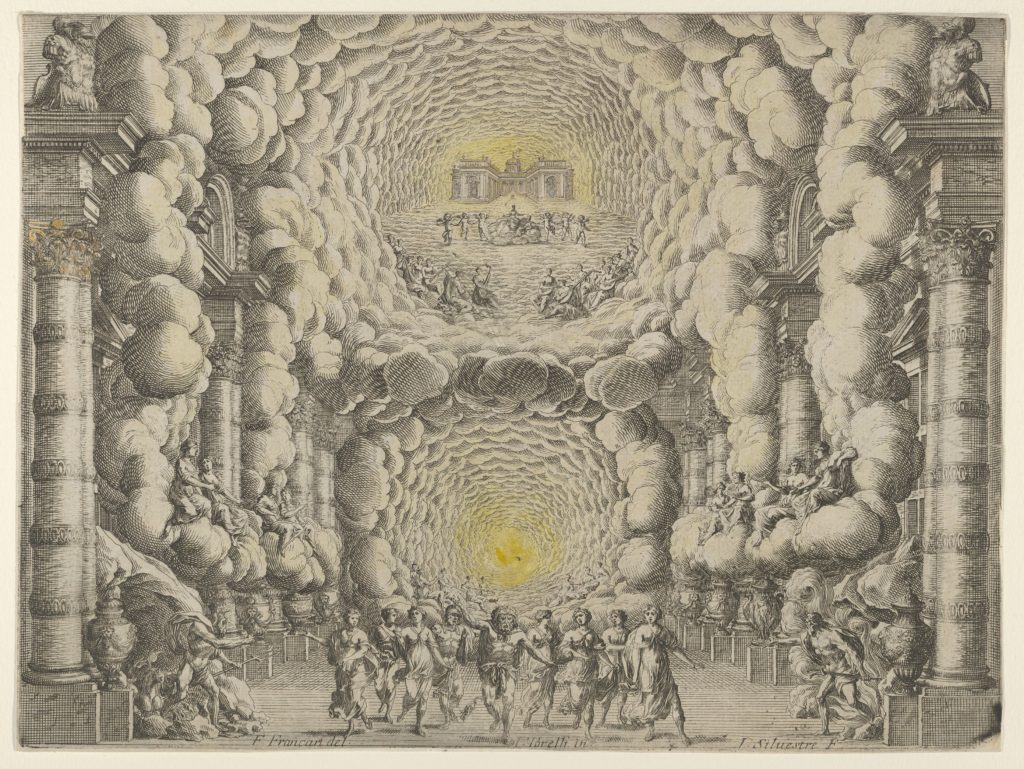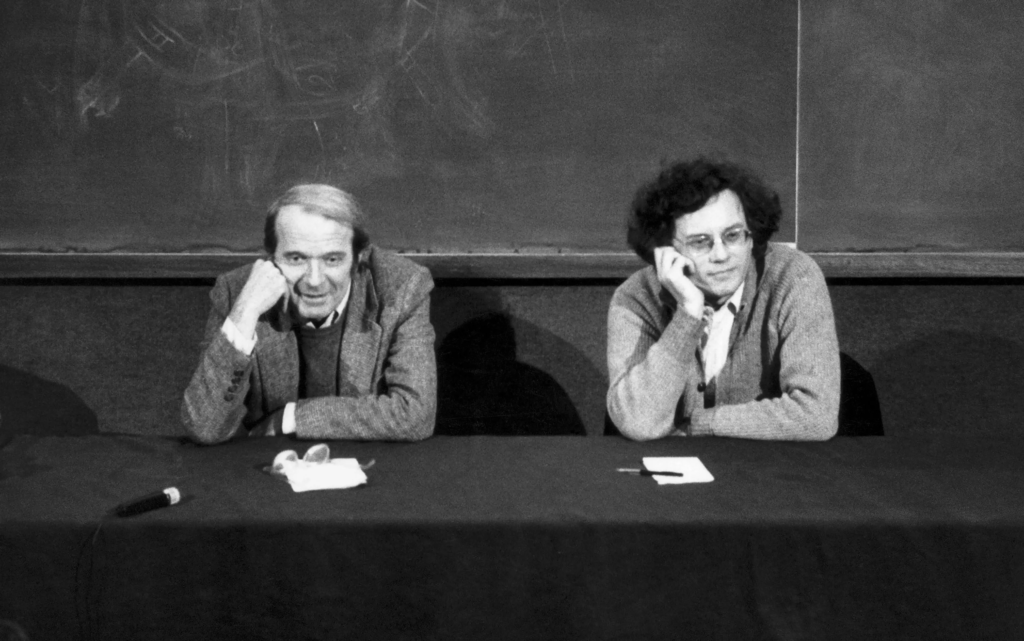Below is my translation of a letter that Alberto Flores Galindo, the Peruvian Marxist historian philosopher, dictated for circulation amongst his friends after unsuccessful treatment for cancer. In December of 1989, Tito Flores wrote down the text and gave it to Eduardo Caceres Valdivia. According to Marxists.org, where you can find the original Spanish text, the letter has been in circulation for a while and experienced a burst in popularity on the internet on the 20th anniversary of his passing in 2019.
A note on the translation: I have produced it for personal use. The translation is unlicensed and unauthorized. Therefore, it is not accompanied by or protected by any rights. If you would like to contact me to take this translation down, or for any suggested edits, use the contact info here on my website to send me an email.
Continue reading “Alberto Flores Galindo – Farewell Letter to Friends”


